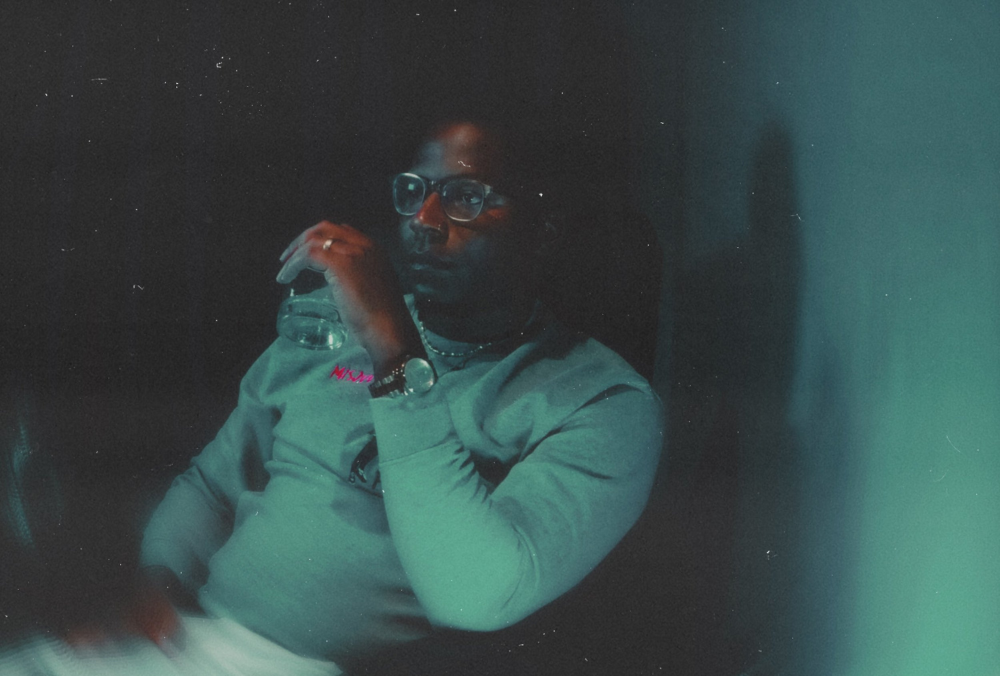“Toxic Lovespell”: J’Moris Puts the Mirror Up to the Flame
J’Moris, the Hillsboro-bred rapper whose discography has evolved through the wreckage of his environment and the hard-won finesse of survival, throws off every filter on this full-length project. If his 2020 Blac February was autobiography laced with sharp political awareness, Toxic Lovespell is a confession booth with the door ripped off the hinges. It’s less a love letter and more the torn-up remnants of one — scrawled at 3 a.m., half-drunk, bleeding truth.
The album arrives like a scar that’s refused to heal properly. On tracks like “Extra” and the title cut “Toxic Lovespell,” J’Moris wades deep into the contradictions of romance, masculinity, and ego. He doesn’t just admit imperfection — he builds a house with it, lives inside it, and dares you to knock on the door. “Toxic Lovespell, is the raw unrestrained version of me,” he says, and you believe him not just because the quote is good, but because the work backs it up.

This record is loud in its intimacy. Produced by Supamario Beatz, the soundscapes don’t drift — they punch. There’s a muscular quality to the production that reflects J’Moris’s Southern roots, a trap-heavy thump with enough space to let his words breathe — or occasionally choke. The beats mirror the content: slick when they need to seduce, guttural when they need to maul. J’Moris rides them with ease, shifting from low-key swagger to outright verbal demolition.
If there’s a complaint, it’s that the emotional arc isn’t linear — but maybe that’s deliberate. Toxicity, after all, doesn’t follow logic. What you get instead is a string of flashpoints, outbursts, and half-reconciled moments of lucidity. There’s no neat resolution, just the admission that perfection isn’t the point. “Love and life is full of highs and lows,” he says. And this album doesn’t just say it — it stumbles through it, bruises and all.
There are no stunt features here, no slick distractions. The focus remains razor-sharp on J’Moris. It’s worth noting that while the album leans into vulnerability, it doesn’t beg for sympathy. It’s too streetwise for that. This is a man who’s made peace with contradiction: a self-described ladies’ man with confessional lyrics, a hustler who preaches introspection, a Southern MC who turns heartbreak into performance art.
If you’ve followed J’Moris from Blac Amerikkka to Moris Better: Loveless Confessions, this album doesn’t feel like a detour. It feels like the next logical descent. He’s not trying to win your approval anymore — he’s narrating his own unraveling. And in a genre too often obsessed with polish, that kind of transparency is its own quiet rebellion.
